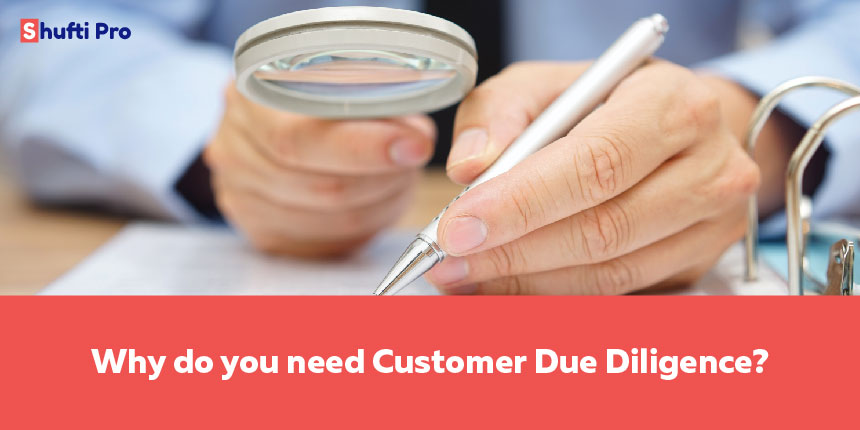What Due Diligence Means for Your Business

Due diligence is a process that helps banks and individuals to get to know in detail who they are dealing with. Sometimes it is mandatory and other-other times voluntary. This article looks at the concept of due diligence implications for your business and includes a due diligence checklist to help you with compliance
What exactly is Due Diligence?
When a business is about to sign an agreement or buy a product, it investigates the party to the deal and the product. It is a ‘measure of prudence’ or an attempt to ‘perform a prudent review’. A more common form of referring to the same is customer due diligence (CDD).
Types of Due Diligence
There are different forms of performing due diligence, each has its own merit. The process depends on the risk level and purpose. Here is a short list of the types of due diligence;
- When Buying a company – To check if a company is legally and financially secure before buying
- M&A due diligence – Mergers and acquisition (M&A) due diligence is performed when businesses are merging or one business is planning to acquire another
- Financial due diligence – It is to investigate the financial health of an asset before purchasing
- Customer due diligence (CDD) – Businesses perform CDD to ensure that the customer is not involved in illegal activities or funding terrorism
- Commercial due diligence – Private equity firms readily perform this diligence to test the commercial viability of a business
- Vendor due diligence – When a business is about to be sold it requests a third party to perform an audit for the financial health of the business
- Third Party due diligence – A firm looking to outsource its services undertakes 3rd party due diligence to evaluate the risks
Does Law require you to perform Due Diligence?
Due diligence is a subset of ‘know your customer’ (KYC), which is mandatory for all registered banks and financial institutions. The digitization of banking services is expanding the list of businesses obligated by law to follow the due process. For example, the emerging industries of Fintech, Wealthtech, and Insurtech are a few names.
The law is stricter with financial institutions and asset management companies when it comes to performing due diligence. If you own a fund such as a mutual fund or a hedge fund you will have to perform the due process irrespective of the amount of investment an investor brings in.
Similarly, the trend of ICO’s and cryptocurrencies has attracted the attention of the regulators in recent years, making due diligence mandatory in all developed economies of the world. It makes perfect sense, no one should be allowed to launder money through ICOs and tokens.
How do You carry out CDD?
Here is a checklist to help your business achieve CDD;
- Perform due diligence before you enter into any business with your customer. It is quite difficult to deal with risks afterward
- Verify your customer’s identity
- Verify the address of your customer
- Screen third parties (your business partners, banks, lawyers, etc. also carry risk)
- Collect all the necessary information, store it professionally (for example, high-risk clients should not mix with low-risk profiles)
- Be vigilant in identifying profiles that might need enhanced due diligence (EDD)
- Organize and manage the records as neatly as possible, make a digital copy
What if You do not perform Due Diligence?
There are two ways in which you could come short; not performing due diligence and inadequate due diligence. Both carry serious risks.
For example, if an investigation reveals that your business did not perform due diligence, and allowed a person to open an account with your bank, who is listed on the Anti-money laundering (AML) blacklist, you might have to pay a hefty fine.
In addition, your business repute might get tarnished, causing irrecoverable damage. Other investors and customers might avoid doing business with you. You might also face hurdles in expanding your operations into other countries.
Conclusion
Due diligence might be required by law for your business. Even if it is not, it is wise to investigate who you are dealing with. Businesses not only perform due diligence before onboarding customers but also before entering into a contract with other businesses.
However, the demands of regulatory bodies are tightening. Compliance is already a top priority for businesses associated with the financial industry. Many firms find it more feasible to get professional help regarding compliance. It frees up their resources for the core business.

 Explore Now
Explore Now













